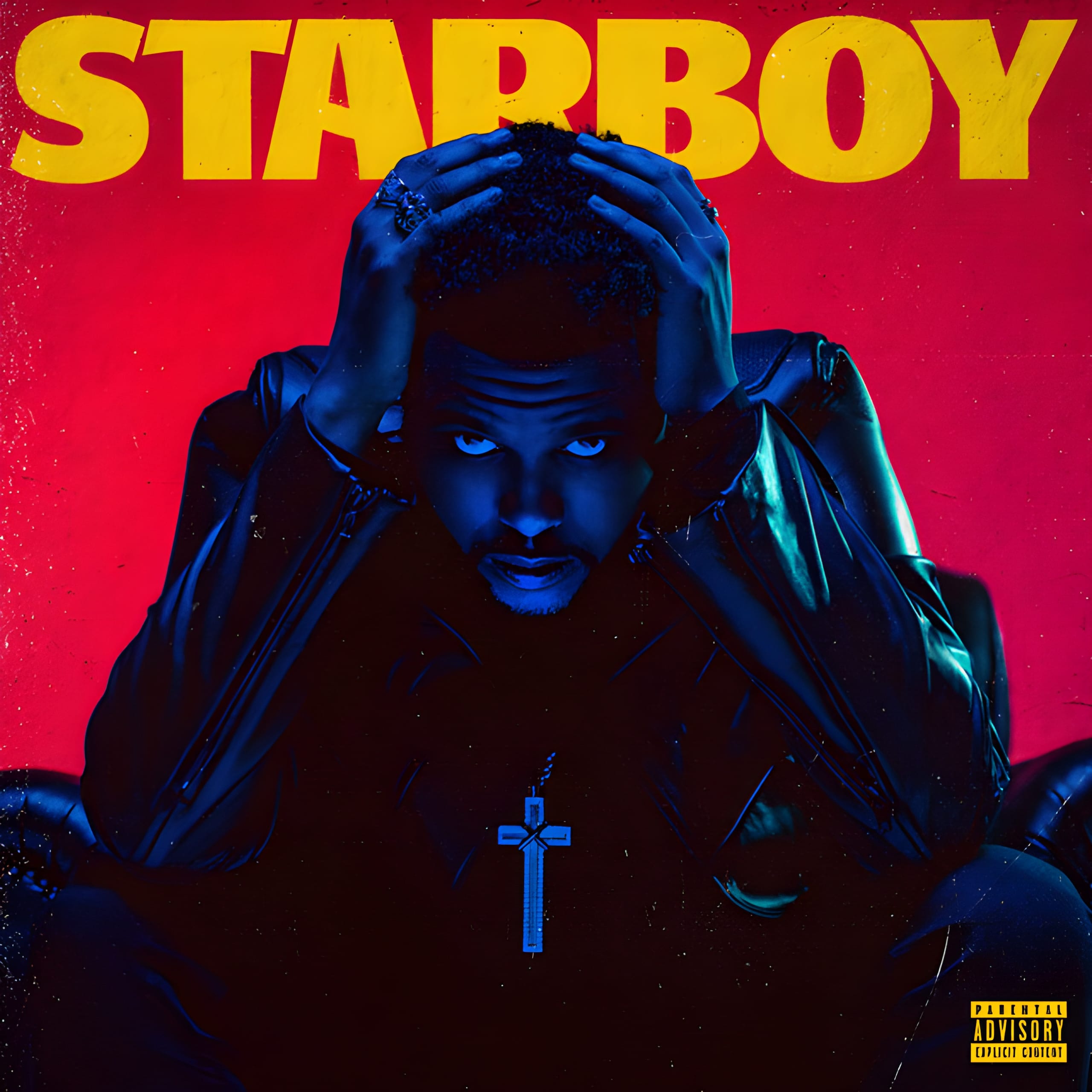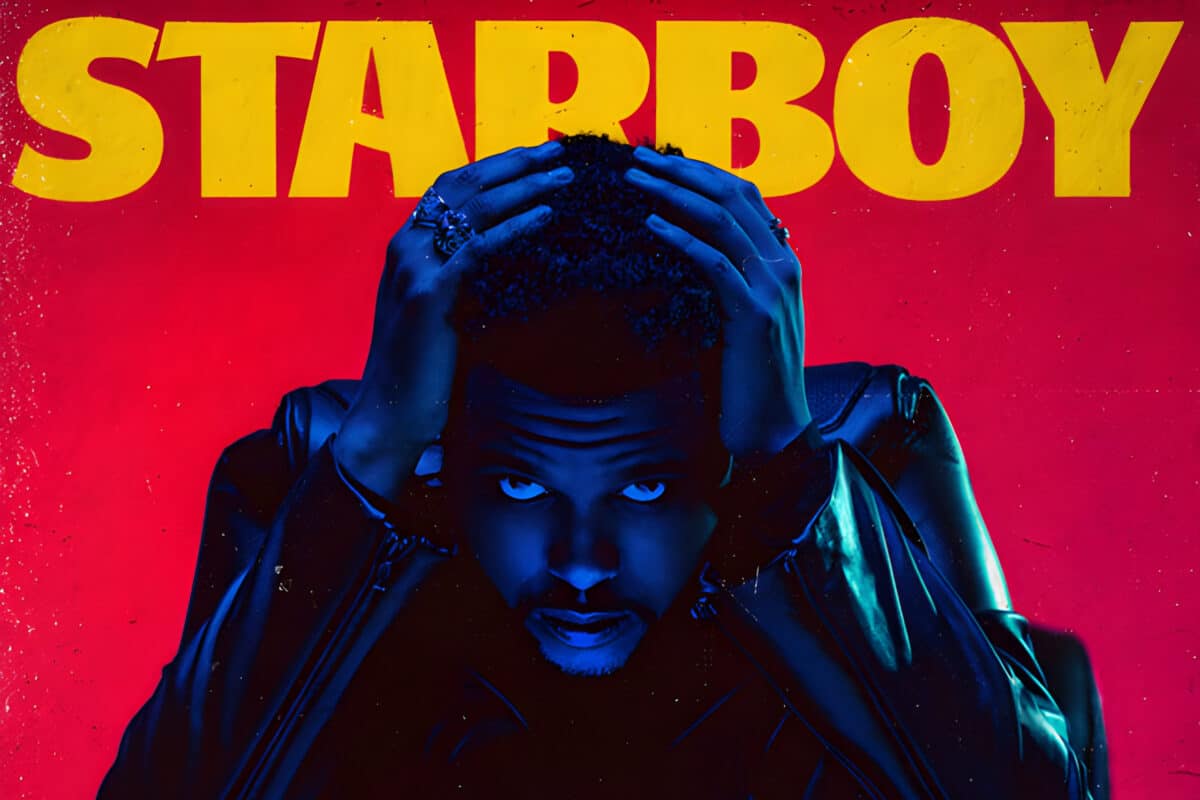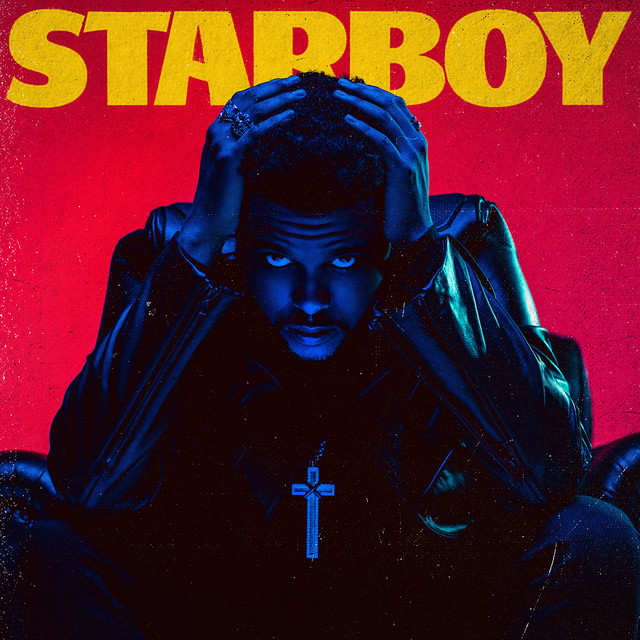Released: 2016
“A Lonely Night” by The Weeknd presents the theme of a complicated, transient love affair where both parties might feel a sense of affection during isolated moments, but the relationship is inherently flawed. Through reflective lyrics, the singer contemplates the destructive nature of the relationship, acknowledging that their union brings more harm than good and accepting separation as the healthier choice for both.
The hook of the song emphasizes the lack of mutual benefit in the relationship, repeated as a mantra: “Better when we’re both apart.” This repetition suggests a realization that togetherness breeds conflict or emotional damage, and their paths are better traveled alone. It’s a hard-hitting confession that captures the essence of failed romance, capturing the inevitability of parting ways despite lingering feelings.
Abel Tesfaye, better known as The Weeknd, begins the song with an immediate inquiry into why someone would intentionally place obstacles in the way of a relationship when it is clear that nothing substantial binds them together. His tone carries an undertone of exasperation, subtly suggesting the futility of trying to preserve something that isn’t viable from the start.

In the following lines, The Weeknd poses rhetorical questions regarding using life events to artificially bind them together. It’s a critique of people who attempt to sustain a failing relationship by any means necessary, only to prolong inevitable heartbreak. The suggestion here is clear: some ties should remain severed.
The verses paint a vivid picture of solitude and temporary affection, capturing an evening where The Weeknd felt love during a lonely moment. Here, he confronts his own shortcomings and openly apologizes for possibly misleading his partner into believing in a potential future. It’s an honest admission of his emotional complexity and flaws.
Throughout the song, The Weeknd refers to his and his partner’s “unruly decisions,” questioning their motivations. This choice of words conveys an awareness of immaturity and perhaps rash decisions made under emotional distress. The language here illustrates the cyclical nature of the emotional tug-of-war, and a tacit recognition of self-destructive behaviors.
In another repeated assertion, “we’re no good for each other,” he establishes mutual detriment. The acknowledgment that neither partner can offer what the other needs effectively silences the possibility of reconciliation, no matter how much they may wish otherwise. It’s an understanding of irreconcilable differences at its core.
Towards the end, the melody softens, almost wistfully as The Weeknd reflects again on that “lonely night.” The narrative arc brings us full circle—initial attraction or love on an isolated occasion cannot replace compatibility and shared goals. He extends his apology, solidifying his regret but acceptance of reality.
In this emotionally laden track, the production itself complements the melancholic lyrics. The instrumental builds an atmospheric quality, evoking a sense of desolation that aligns perfectly with the song’s narrative of love found in isolation but not built to last.
Overall, “A Lonely Night” provides a narrative not unfamiliar in The Weeknd’s discography, blending themes of love, regret, and emotional introspection with beats that are simultaneously engaging and haunting. Historically, his works often delve into such emotionally complex territories, reflecting both personal and broader relational conflicts. The song encapsulates the paradox of desire versus rational choice, capturing a universal struggle between emotion and logic.








